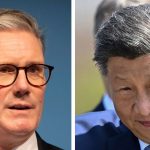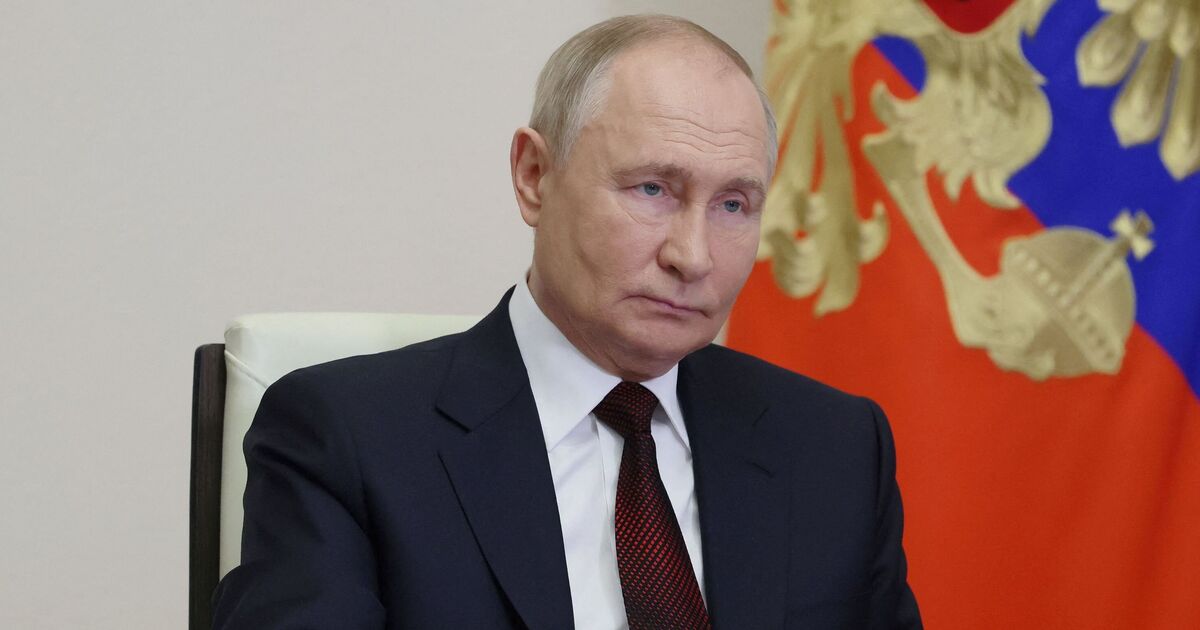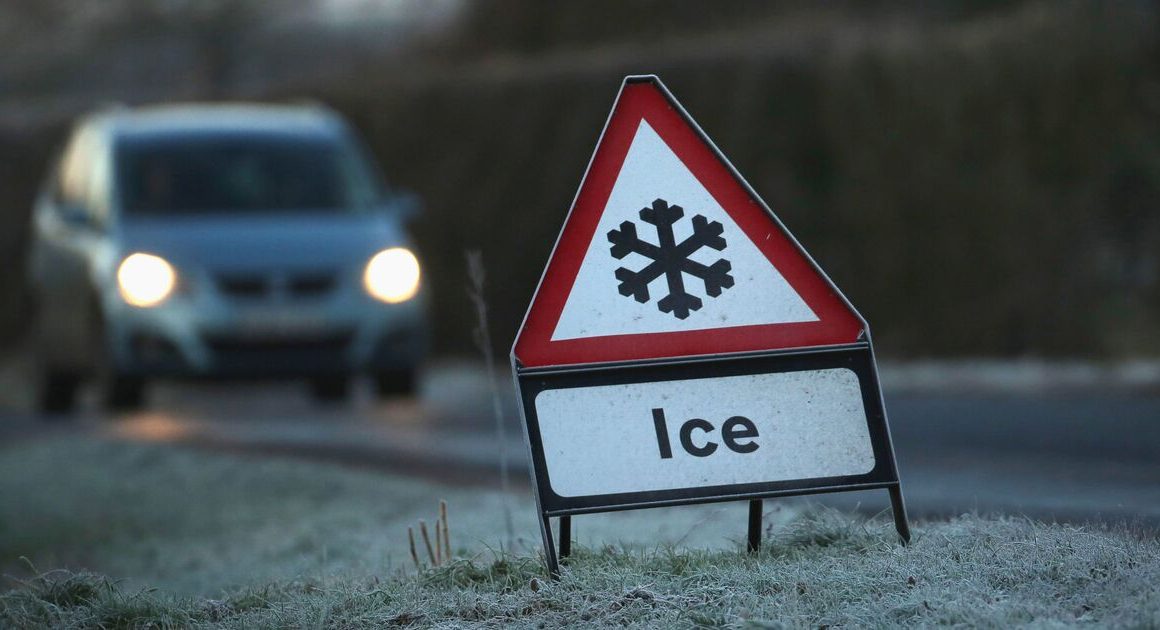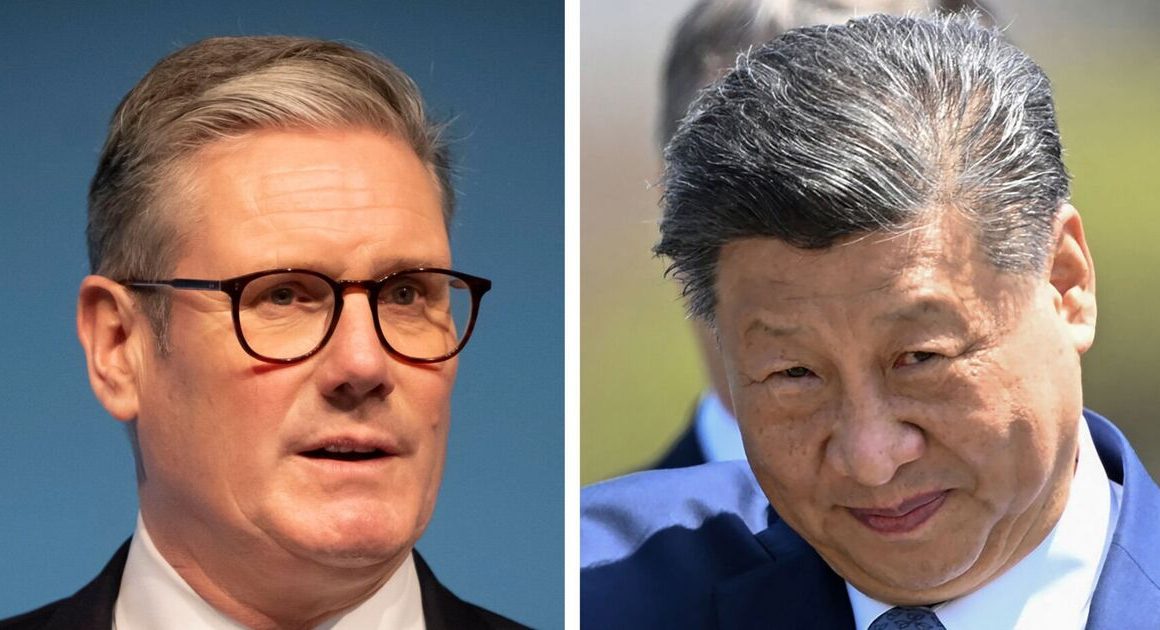Russia has threatened NATO with “stark consequences” if it continues its activities in the Arctic or escalates its involvement in Ukraine.
Russia and NATO share one land border – a small crossing between Russian mainland and Norway – which would become a strategic piece of land in the event of conflict between the two.
Yulia Zhdanova, Acting Head of the Russian Delegation at the Vienna Negotiations on Military Security and Arms Control, told Russian state news agency RIA Novosti yesterday: “NATO has long been preparing for a potential armed clash with Russia, constantly working out possible options—from the Arctic to the Black Sea.”
“At the same time, very provocative steps are being taken in the Ukrainian direction; the range of the missiles supplied is steadily increasing, and the rhetoric about the possible sending of NATO troops to Ukraine continues.
“This ‘game’ could get out of control and lead to an escalation of the conflict with catastrophic consequences.”
The Arctic has become a region of competition between several nations in recent years, as climate change has opened up routes and unexplored areas of potential natural resources. It is believed the Arctic holds vast reserves of oil, gas, and minerals.
Earlier this year, NATO held an exercise named Steadfast Defender which saw over 90,000 troops from all 32 NATO Allies “demonstrate NATO’s ability to defend every inch of its territory”, including the Arctic.
Tensions between Russia and NATO are as strained as at any other time in the organisation’s existence following Russia’s invasion of Ukraine.
NATO has been crucial in helping Ukraine to repel Russian attacks by providing equipment, training, and expertise – something Russia has often called a threat and provocation.
Last month, as Ukraine pressured NATO countries to allow them to use Western-supplied missiles in an offensive capacity, Russia amended the rules regarding their use of nuclear weapons.
Following the amendment, Vladimir Putin warned Russia could use nuclear weapons in response to conventional missiles, effectively lowering the threshold for a strike and putting the world on a path toward nuclear war.
The Kremlin’s decision was slammed by Western governments, but a Kremlin spokesperson has shifted the blame back towards the west.
Dmitry Peskov warned, according to the state-run TASS news agency: “Western hardliners are pushing on with this reckless policy course that may have very negative consequences for everybody. The developments have clearly necessitated formalizing new terms.
“How things evolved globally, the way tensions intensified near our borders, with nuclear powers taking part in the conflict around Ukraine and NATO pulling its infrastructure to our borders – all this has necessitated amendments to the nuclear doctrine.”










